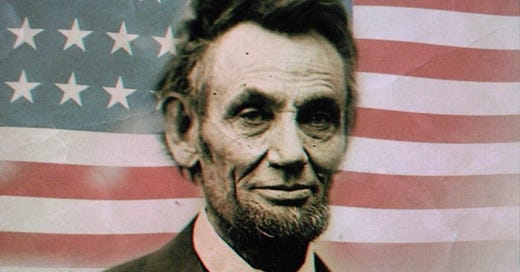One hundred and sixty years ago, on April 15, 1865, a bullet ended the life of President Abraham Lincoln, shortly after the Civil War had drawn to a close. Slavery had been abolished, and there was a real possibility of moving toward the ideals expressed in our nation’s founding documents—of creating a more inclusive democracy. But that bullet also ended the opportunity for such democratizing change to take root in American society.
History reminds us that the world—and life itself—is dynamic, always evolving. For people and governments to remain vital, they must adjust and adapt. Yet those who hold power often resist change, particularly when it threatens their wealth, control, and privileged positions.
The continuation of a racist power structure, even after slavery was officially abolished, offers insight into the entrenched systems of power that dominated the South—and that would persist in new forms despite the Civil War. It was, and still is, a structure that governs from the top down, disregarding the desires and needs of the broader populace.
The danger of trying to freeze history to preserve a regime of privilege is clear. When power is threatened, those who wield it may resort to any means necessary to maintain their grip—including violence. In this case, it was a bullet.
Abraham Lincoln stands as a shining example of a leader who worked tirelessly to make our democracy more inclusive, even in the face of fierce opposition. He not only had the strength and courage to lead the nation through war but also took the bold step of abolishing slavery and in the midst of all this he managed to preserve and reunite these United States of America.
He made the ultimate sacrifice for those goals. And it is disheartening to realize that, even after all these years, racism still stalks this land—revealing itself not only in domestic policies, but also in the directions taken in our foreign policy.
The ongoing refusal to make our democracy fully equal and inclusive points to a moral cancer—one that continues to eat away at the heart of our democracy and the soul of our nation.







